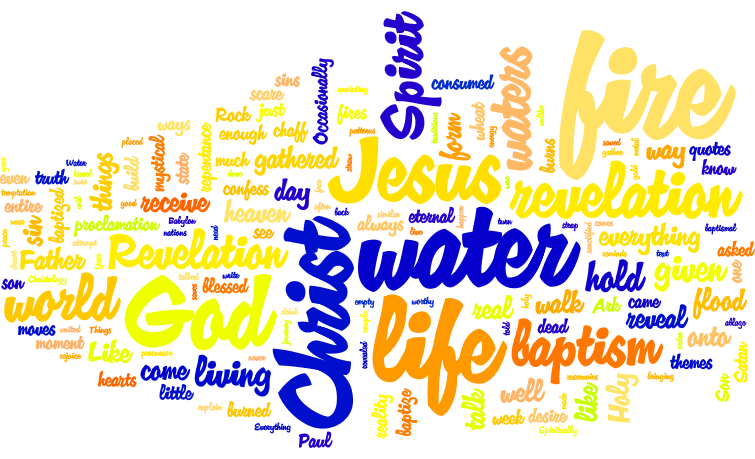
Biblical Text: John 2:1-11
I love this text – the Wedding at Cana – “the First of the Signs.” But I don’t find it easy to preach on. In some ways it is too deep. It captures the entirety of the biblical witness in one scene. It tells us everything we need to know about God in eleven verses. But it is exactly the beauty that adding words just takes away from. So this is something of a short list. As a Sign it tells us something about the heart and purpose of the God we have. 1) Just as marriage was the first thing instituted post creation in Genesis, so the first sign of the new covenant is an honoring of marriage. 2) Celebration and beauty have their place. Don’t let someone shame you out of them. 3) Grow in faith. Your God knows your lack and will certainly meet it. Let him know at be ready to do what he says. 4) With this God the best is always yet to come.
Podcast: Play in new window | Download








